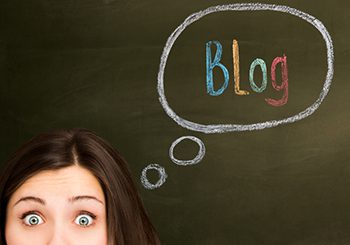Just a few days from now me and the other publishing assistants will be going to Leeds Students’ Union for the first ever Sustainability Summit organised by the National Union of Students. It will be an amazing opportunity for us to catch up with fellow students on the ways in which their Universities are becoming more sustainable and we will attend various workshops which will give us plenty of ideas and inspiration.
Personally as a Business student I am looking forward to the workshop from Professor Peter Hopkinson on the circular economy . In this post I’ll be looking into the background of the idea.
Circular Economy: The future of business
The idea for using resources more efficiently is a growing concern in the global economy. Scarce resources underpin all economic theories and are a major part of firms’ decisions. This is one of the first things every business student learns in economics. The linear economy has been around since the start of industrialisation, but with the natural reserves becoming more and more scarce and with concern for the environment rising, it is not surprising that ideas such as the Circular Economy are being discussed more seriously. This was picked up by the Ellen MacArthur Foundation back in 2010 and they have been working hard in getting the Circular Economy discussed in boardrooms. This not recycling waste, nor just re-using it’s a complete new re-design approach where business realizes there are finite resources available. I’ll give you an example. Let’s look at something we all use – washing machines.
One person buys a washing machine and can use it for 3,000 washes (usually this is the limit of washes that can be made before the machine starts malfunctioning). After this the machine is returned to the seller, all parts which have to changed are changed and it is sold again to someone else for another 3,000 washes. So you are buying washes not the machine.
One of the University of Worcester’s lecturers Kay Emblen-Perry explained her views on the idea of circular economy:
Rethinking the traditional ‘Take-Make-Waste’ one-way economic framework into a restorative, closed loop economic model that protects the environment, society and financial success of organisations seems logical given our over dependence on finite, non-renewable resources which are fast running out. Instead the Circular Economy, which offers organisations the opportunity to manage the flow of materials within a continuous improvement circle, is robust, resilient and allows the flexibility of production and service provision in a way that the linear economic model cannot. The Circular Economy aims to obtain maximum benefit from renewable resources by designing in re-use and designing out waste to enhance the flow of goods and services and drive the concept of zero waste. It encourages innovation and creativity and ensures that the environment and society are protected at the same time as increasing the economic value of business. Its not surprising many large organisations are now adopting this new way of thinking.
After having the view of an academic I decided to speak to a fellow student as well. Here is what Kalin Delev, who is also one of the Institute Representatives for the University of Worcester’s Business School thinks about the Circular Economy:
That sounds like a very unconventional and innovative way to sell items to people. It is like you are ‘renting’ the stock instead of buying it. It seems simillar to renting a car, but expanded to all kinds of products. It sounds like a more sustainable and efficient business model, I just wonder if conventional companies that have a large market share in the industry would allow such newcomers to prosper, but it looks like a very disruptive idea- the kind that would catch the eyes of the curious (and perhaps keep their attention long enough to become mainstream).
If you are interested in the idea of the Circular Economy join us in Leeds for the Sustainability Summit! Or post your comments below. I will be sharing my experiences in my student blog!

